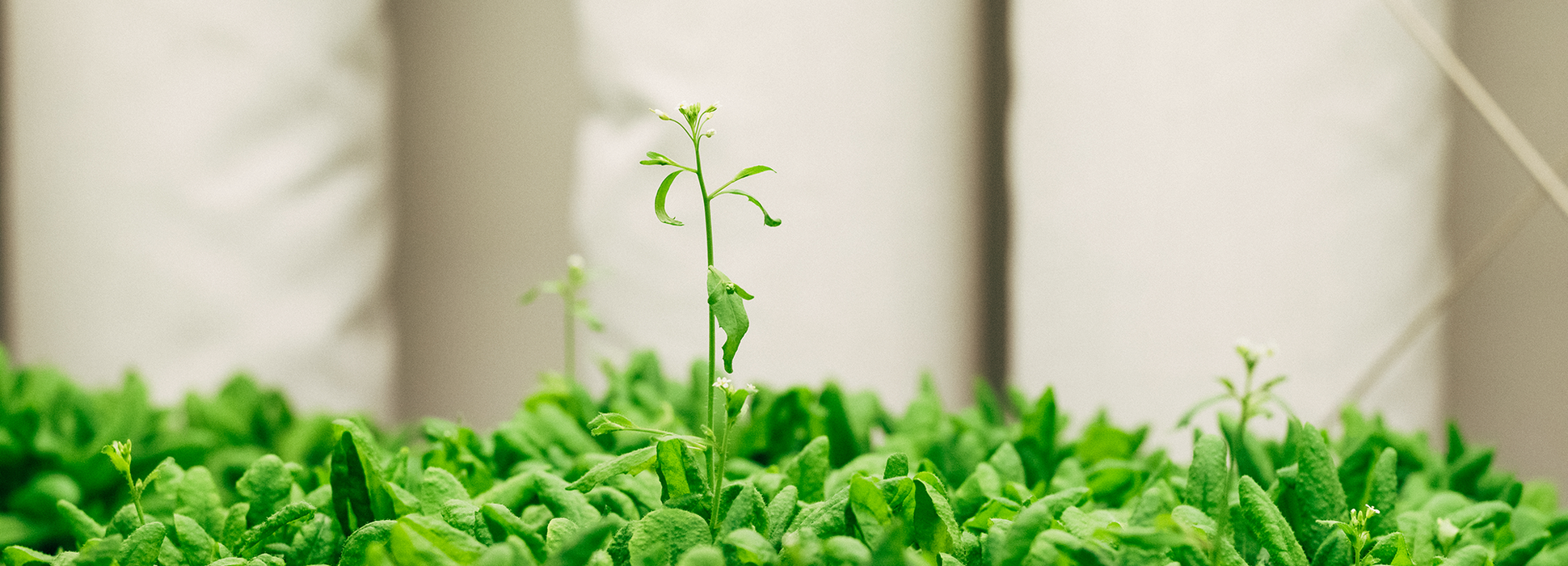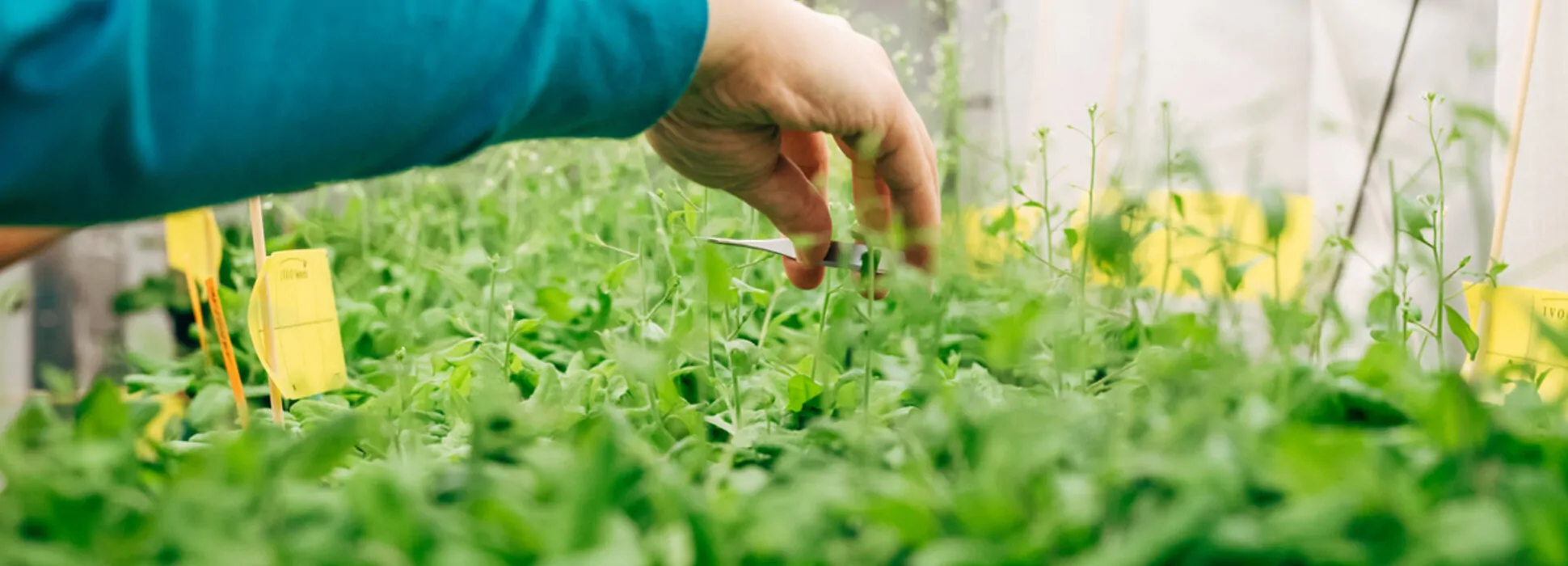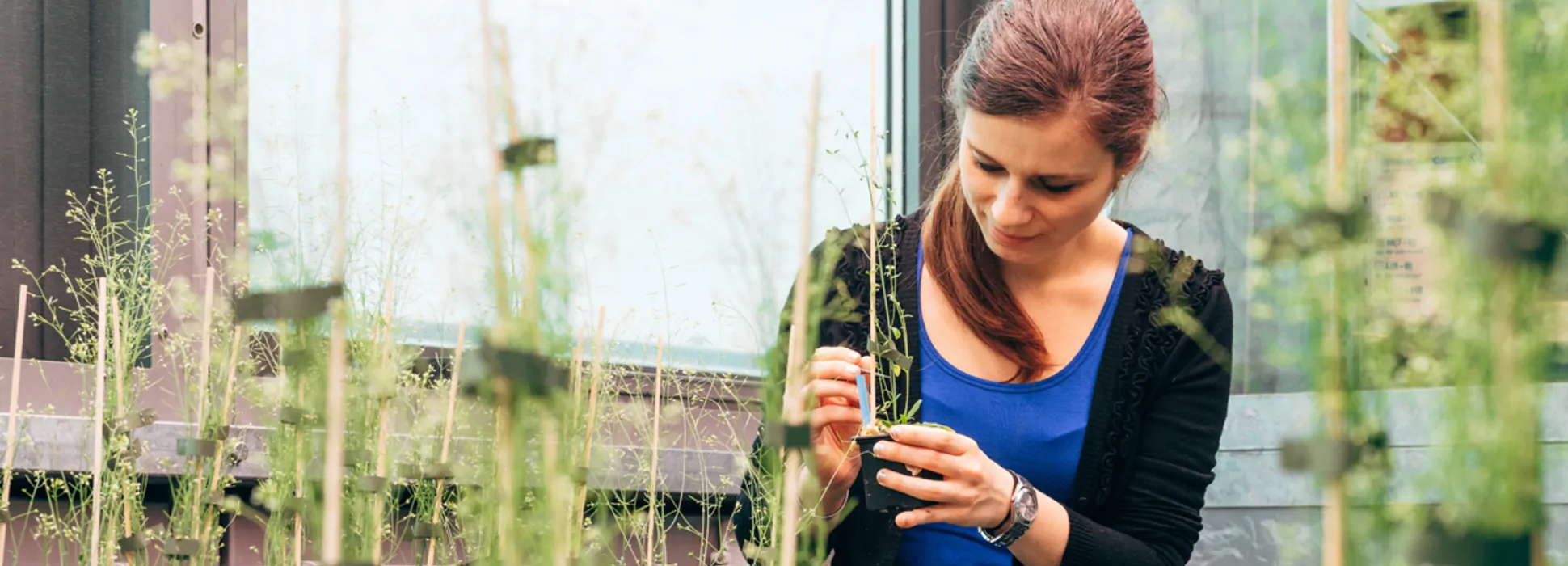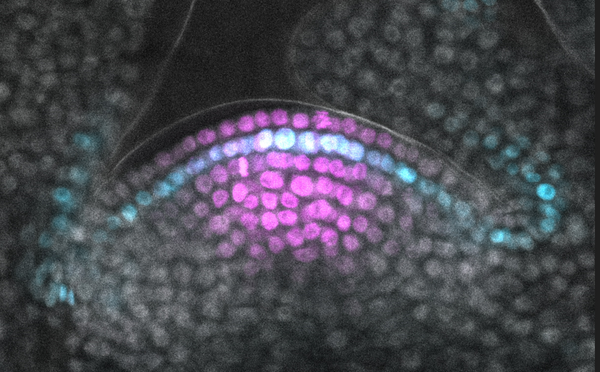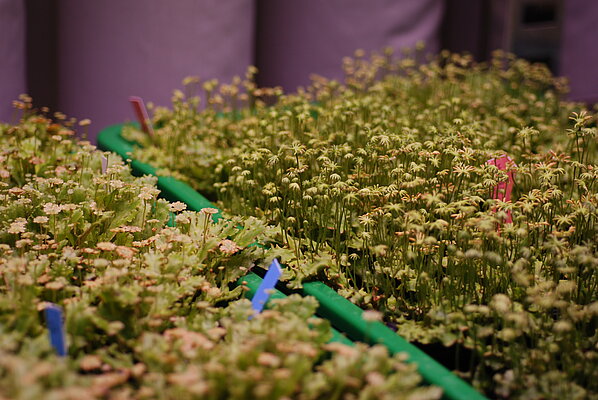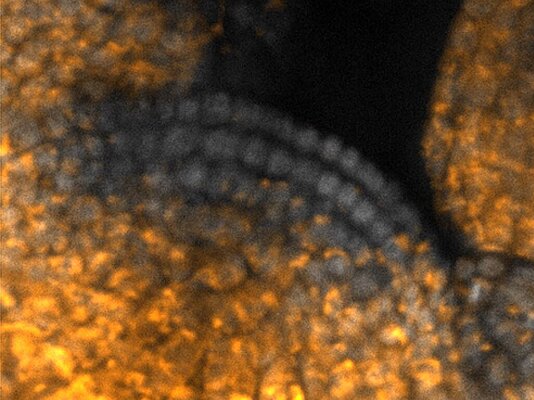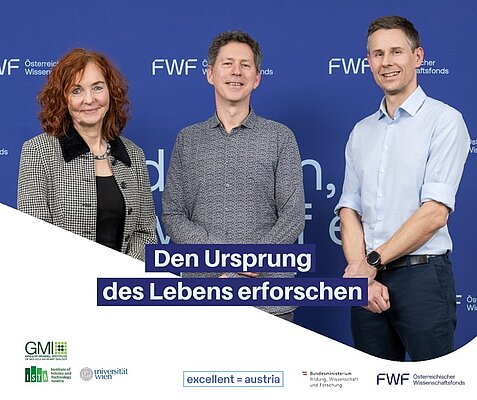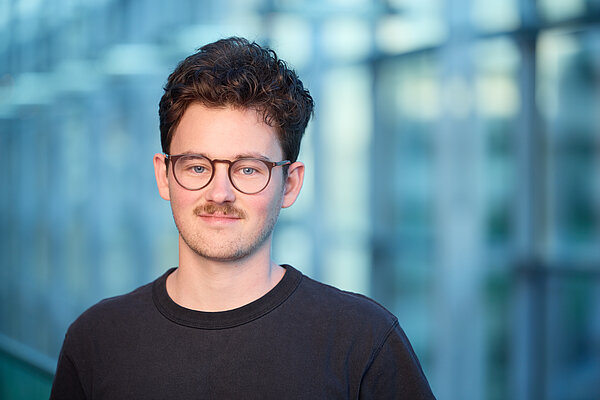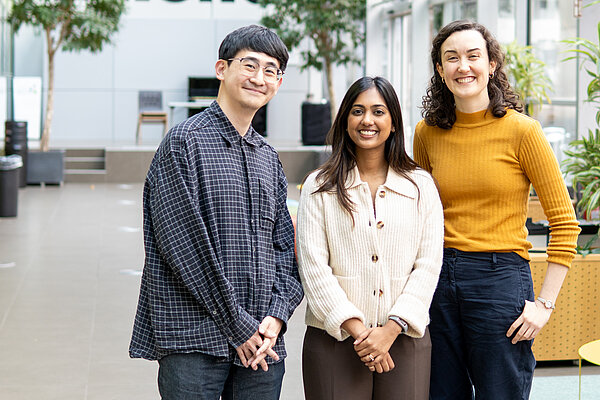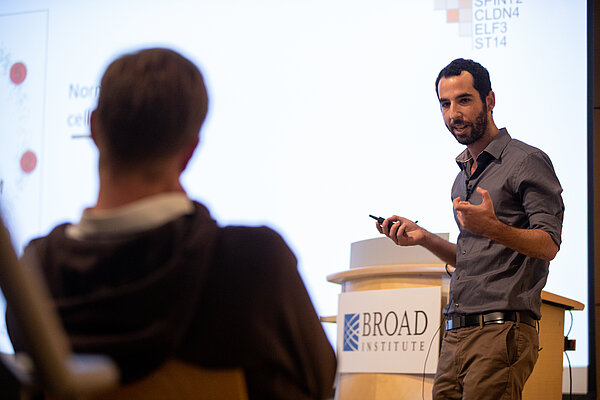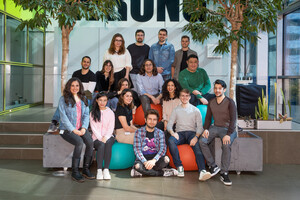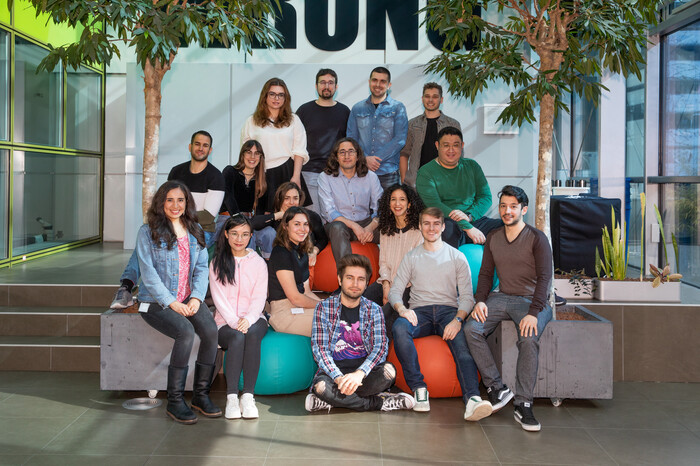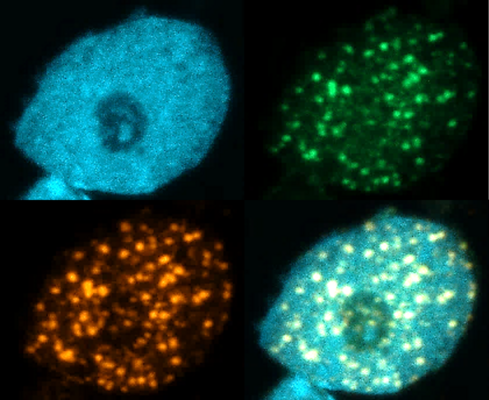
Our Mission
The GMI is a research institute devoted to plant biology. Plants created our atmosphere and sustain life on earth. Our goal is to make fundamental discoveries that help us understand how plants function — discoveries that may be essential to address global challenges like climate change. Our research ranges from molecules to ecosystems, involving a wide variety of plants — all depending on the question. We study photosynthesis in unicellular alga, and climate adaptation in coniferous trees. We believe in enabling researchers at all levels to pursue big questions in an intellectually stimulating, diverse, and collaborative environment. Key to our success is minimal hierarchy and bureaucracy, outstanding facilities, and core funding.
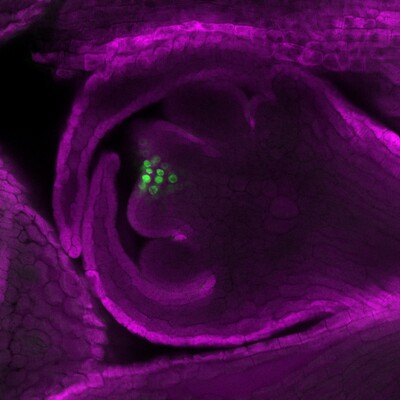
About us
The GMI is part of the Vienna BioCenter, a leading life science cluster, comprising several research institutes, universities, and start-up companies, located close to the center of Vienna. The institute is owned and funded by the Austrian Academy of Sciences (ÖAW). Research topics include basic mechanisms of epigenetics, cell biology, plant-pathogen interactions, developmental biology, and population genetics. The GMI provides a lively, international working environment with around 130 people, embedded in a campus with over 1700 people from more than 70 countries. The working language is English. We strive for a friendly, inclusive environment, and provide an on-campus child care center.
The GMI's next symposium is The Mendel Early Career Symposium on May 16-17, 2024.
ERC Consolidator Grant to Yasin Dagdas
Yasin Dagdas (YD): Thanks, Daniel. Ribosomes, the protein synthesis machineries of the cell, can be differentiated into two types, the so-called “free” ribosomes and the ones bound to the Endoplasmic Reticulum (ER) membrane. The second ones are responsible for the synthesis of around 40% of the proteome. This includes all the secreted proteins and the ones that are part of the cell’s plasma membrane. As multiple ribosomes simultaneously translate the same mRNA molecule, cellular stress conditions cause them to collide. We recently found that these collisions, in the case of ER-bound ribosomes, trigger a stress response mechanism linked to autophagy. We are now seeking to understand the molecular details of this specific rescue mechanism.
YD: With my team, I was looking into autophagy pathways that are activated by ER stress. This allowed us to identify new autophagy receptors and motivated us to continue investigating in that direction. By characterizing the newly found pathway we were eventually able to link it to ribosome stalling.
"Our aim is to publish stories that stand the test of time!" - Yasin Dagdas
YD: Indeed, autophagy allows the cell to remove unwanted or damaged protein complexes and organelles. It ensures that the cell maintains itself in a tidy and functional state under changing environmental conditions. Hence, my lab is constantly on the look for yet unknown autophagy mechanisms that we aim to characterize in detail using multiple tools. Aside from the role of autophagy in multiple mechanisms within a single cell, we are currently very excited to study autophagy in multiple model plant organisms as well as in human cell cultures. We call this “evophagy”, short for “evolutionary autophagy”. Here, we look to identify evolutionarily conserved autophagy mechanisms and make comparative studies that allow us to reach their core principles. This is also the direction in which the current project is moving!
YD: You know, my team and I are especially driven by the extraordinary scientific possibilities that we have right here on campus! Together with other exceptional research groups that study cellular quality control mechanisms we form a real research cluster within a vibrant community at the Vienna BioCenter. Our aim is to publish stories that stand the test of time! I would like to take this opportunity to express my gratitude to my amazing team members who are always keen on exploring further and stepping out of their comfort zones. I find the speed at which they are learning new techniques and approaches within this environment absolutely humbling!
"I see this as a testament to our research environment at the GMI and VBC." - Yasin Dagdas
YD: Being here allows us to reach incredible levels of competence within our own research groups! For example, even in a relatively small research group you would find yourself surrounded by experts in proteomics, imaging, electron microscopy, plant growth, just to name a few… and these research fields are all covered by our facilities on campus! This is of course due to the readiness of our colleagues at the research facilities to be directly involved in our research and to extensively share their knowledge and expertise with us! Having a cluster of around 50 expert scientists dynamically joining forces on research questions is extremely powerful! Hence, I can say without a doubt, that the dedication of my team and our collaborators are the true foundation for this ERC Consolidator Grant!
YD: To me, this is a clear indication that our research indeed pushes the limits of current scientific knowledge. I also see this as a testament to our research environment at the GMI and VBC. By joining forces, this research will allow us to surpass the organismal boundaries in our approach.
YD: I follow competitive and tactical sports! Formula one, football… Liverpool FC is my team! I also find cooking shows especially exciting as the participants compete at a really high level and push their limits to achieve great results. Besides, I also have a family with two kids, which is a full-time job in itself!
"I would like to take this opportunity to express my gratitude to my amazing team members who are always keen on exploring further and stepping out of their comfort zones. I find the speed at which they are learning new techniques and approaches within this environment absolutely humbling!" - Yasin Dagdas
Vienna BioCenter
The GMI is part of the Vienna BioCenter, one of the leading international life science research centers worldwide that has established itself as the premier location for life sciences in Central Europe.

